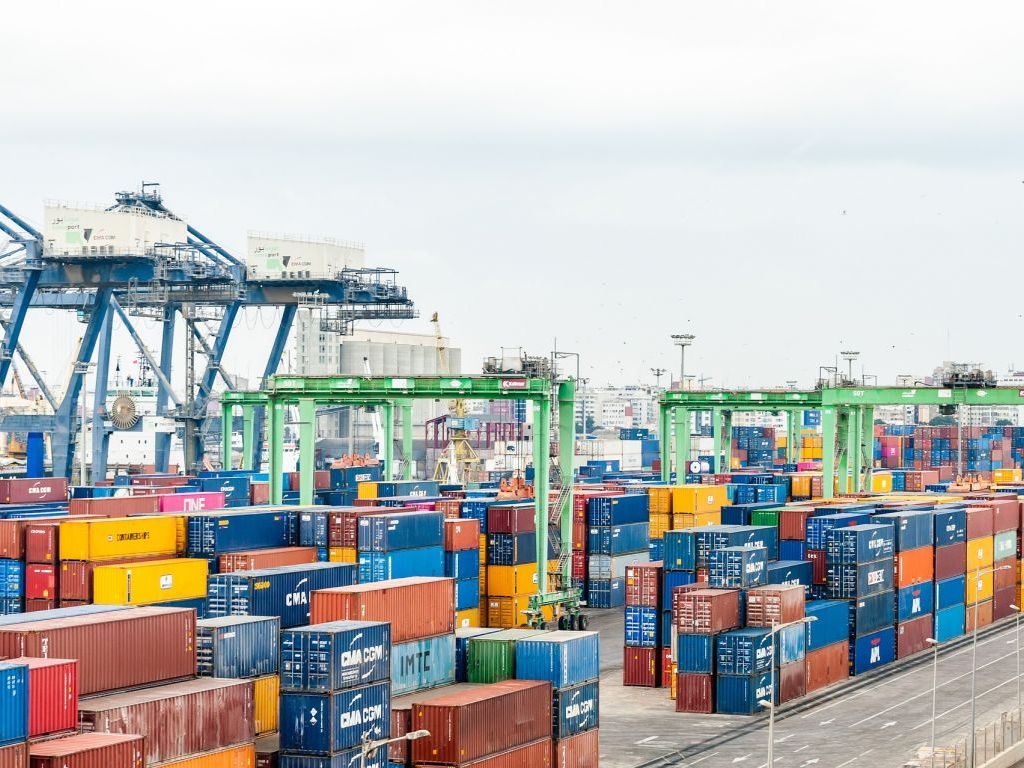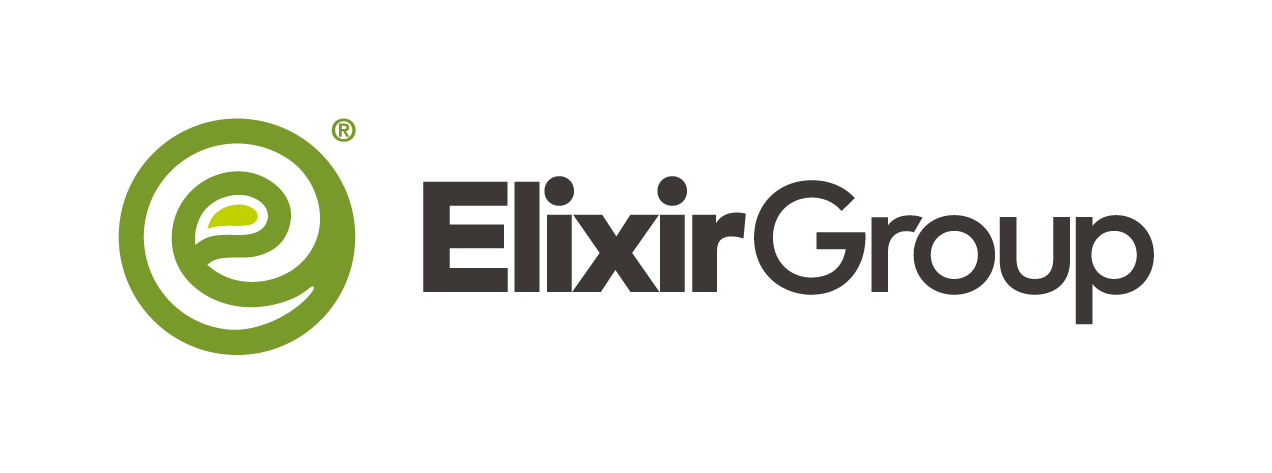Suppliers from Serbia Already Harmonized with New Regulations in Germany
Source: Beta
 Tuesday, 21.03.2023.
Tuesday, 21.03.2023.
 09:54
09:54
 Tuesday, 21.03.2023.
Tuesday, 21.03.2023.
 09:54
09:54
Illustration (Photo: Pixabay/postcardtrip)

The law, which has been in effect since January this year, obliges German companies to request their direct and indirect suppliers to implement a range of rules and standards when it comes to ecology and human and workers’ rights.
The suppliers need to obtain proof of compliance with the standards which pertain to the ban on child and forced labor, discrimination, unlawful expropriation of land, misuse of private security, as well as the right to association and adequate wages. In the sphere of ecology, compliance with international conventions on the use of mercury (Minamata), on persistent organic pollutants (Stockholm) and on transboundary movements of hazardous wastes and their disposal (Basel) is required. This year, the law will apply to the supply chains of those German companies which have over 3,000 employees, and next year, the suppliers of companies with over 1,000 workers will also enter the checking system.
There are over 2,700 companies from Serbia operating in the German market, and most of them export finished products to which the law does not pertain.
The Chamber of Commerce of Serbia (CCIS) says that, in the first half of this year, they will carry out a survey which will determine the number of companies from the supply chains, but they estimate that, this year, there will probably not be many of them and that such companies mostly operate in agriculture, metal, mechanical and chemical industries. As soon as next year, when the law starts applying to German companies with over 1,000 employees, the number of Serbian companies to which it pertains will be bigger, which is why the CCIS is preparing a range of seminars and consultations to help entrepreneurs.
According to Tanja Lindell, the deputy manager in the Department for Industry at the CCIS, the law defines the obligation of German companies to ensure compliance with the proscribed principles, and the companies themselves are to determine the way they would obtain the necessary proof from their suppliers.
– The German Agency for Economic Policies and Business will check the reports of their companies which are direct subjects to this law, and we still don’t know how they will transfer the obligations to their suppliers. It will probably be defined by business contracts. In this period, German companies are addressing their foreign suppliers so that they would establish a system of risk management, appoint the persons responsible, enable the possibility of not just employees complaining about work conditions, but any natural or legal person, if they have a complaint or doubt that principles of this law are not complied with in the production process – Lindell said for Biznis i finansije.
She added that, Serbian companies, as well as German ones, would probably have to define, within the risk management, the potential problems in production and devise an action plan about how and when to solve them.
Lindell pointed out that good preparation was important, because Great Britain and France had announced similar regulations, and that was only an introduction for a much more rigorous EU directive that was being prepared at that moment.
– The company will have to issue some kind of a document that confirms that it is harmonized, and checks can be done in various ways. For example, a German company whose capacities include auditors will send them to check the supplier’s administration, to determine where there is a procedure and in what way that is proved. Companies which have a very large number of suppliers will probably not be able to get everywhere, so they will hire one of the local audit agencies – Lindell explained.
The current suppliers from Serbia of bigger foreign companies say that, even before this law, for years back, they had been implementing those procedures because their partners demanded it and checked it regularly.
Bratislav Petrovic, the quality manager at AMM Manufacturing Kragujevac, said that, as early as the cooperation negotiation phase with Siemens, they had been required to have those procedures implemented.
– So far, there are no requests in separate project phases, because we are a project-oriented organization. But it can always happen for something new to appear. We take a look at what it is and, if we haven’t implemented it before, we integrate it into our practice. However, it’s only subtleties, specific requests we can expect, because the legal regulation will require a deeper look into the matter – Petrovic said.
The information about the process of harmonizing with the German law has just arrived to Valjaonica bakra Sevojno (Sevojno Copper Rolling Mill), which is obliged to implement the required procedures from next year.
– It’s mostly about the ecology, about carbon-dioxide emissions, and we are already working on that issue due to the importing permits and other documents for non-hazardous waste. In order to import all the raw materials from Europe, we need 14 documents, and these are some new requests that we need to prepare for. We are more oriented toward the part that pertains to ecology and matters related to production, what we need to fulfill when it comes to the product input and output, and as for human and workers’ rights, I believe that there are no problems there. Our special collective contract with the workers acts as an example not just for Serbia, but also for Europe – said the director of Valjaonica, Dragan Subotic.
The new law is not a surprise for members of Elixir Group, which export goods to Germany, the EU and other countries, either. In the past period, at the requests of certain customers, they have submitted statements and documentation that prove that they operate in line with the regulations and standards related to honoring human and workers’ rights, environmental protection and sustainable operations, as well as ethical conduct in the market.
Companies:
 Valjaonica bakra a.d. Sevojno
Valjaonica bakra a.d. Sevojno
AMM MANUFACTURING DOO KRAGUJEVAC
 Privredna komora Srbije
Privredna komora Srbije
 Siemens d.o.o. Beograd
Siemens d.o.o. Beograd
 Elixir group doo Šabac
Elixir group doo Šabac
Tags:
Valjaonica bakra Sevojno
German Agency for Economic Policies and Business
Elixir group Šabac
Siemens
AMM Manufacturing
Chamber of Commerce of Serbia
Tanja Lindell
Dragan Subotić
Bratislav Petrović
German law on due diligence in supply chains
due diligence
Comments
Your comment
Naš izbor
Most Important News
Full information is available only to commercial users-subscribers and it is necessary to log in.
Follow the news, tenders, grants, legal regulations and reports on our portal.
Registracija na eKapiji vam omogućava pristup potpunim informacijama i dnevnom biltenu
Naš dnevni ekonomski bilten će stizati na vašu mejl adresu krajem svakog radnog dana. Bilteni su personalizovani prema interesovanjima svakog korisnika zasebno,
uz konsultacije sa našim ekspertima.


 Izdanje Srbija
Izdanje Srbija Serbische Ausgabe
Serbische Ausgabe Izdanje BiH
Izdanje BiH Izdanje Crna Gora
Izdanje Crna Gora


 News
News










